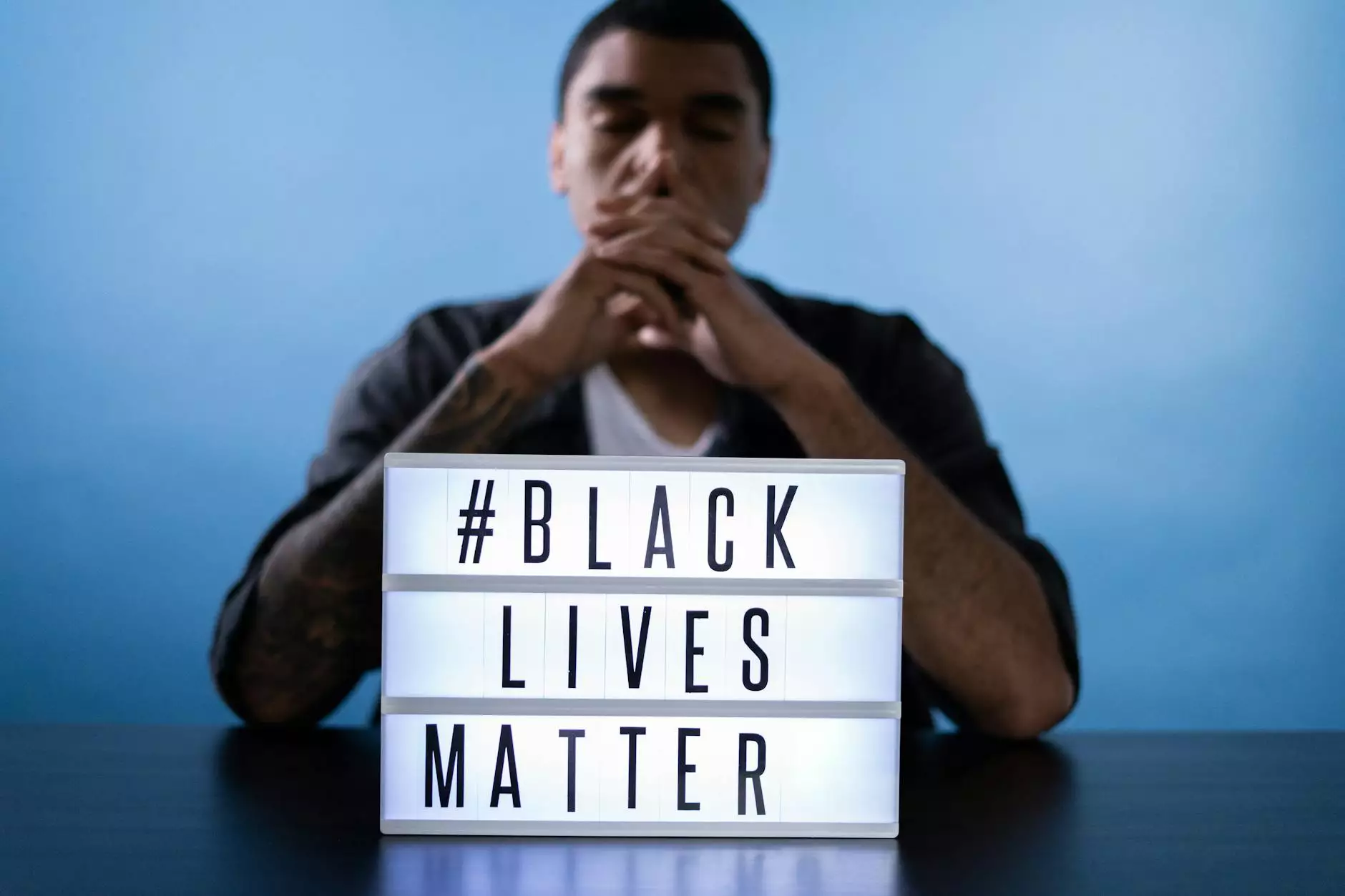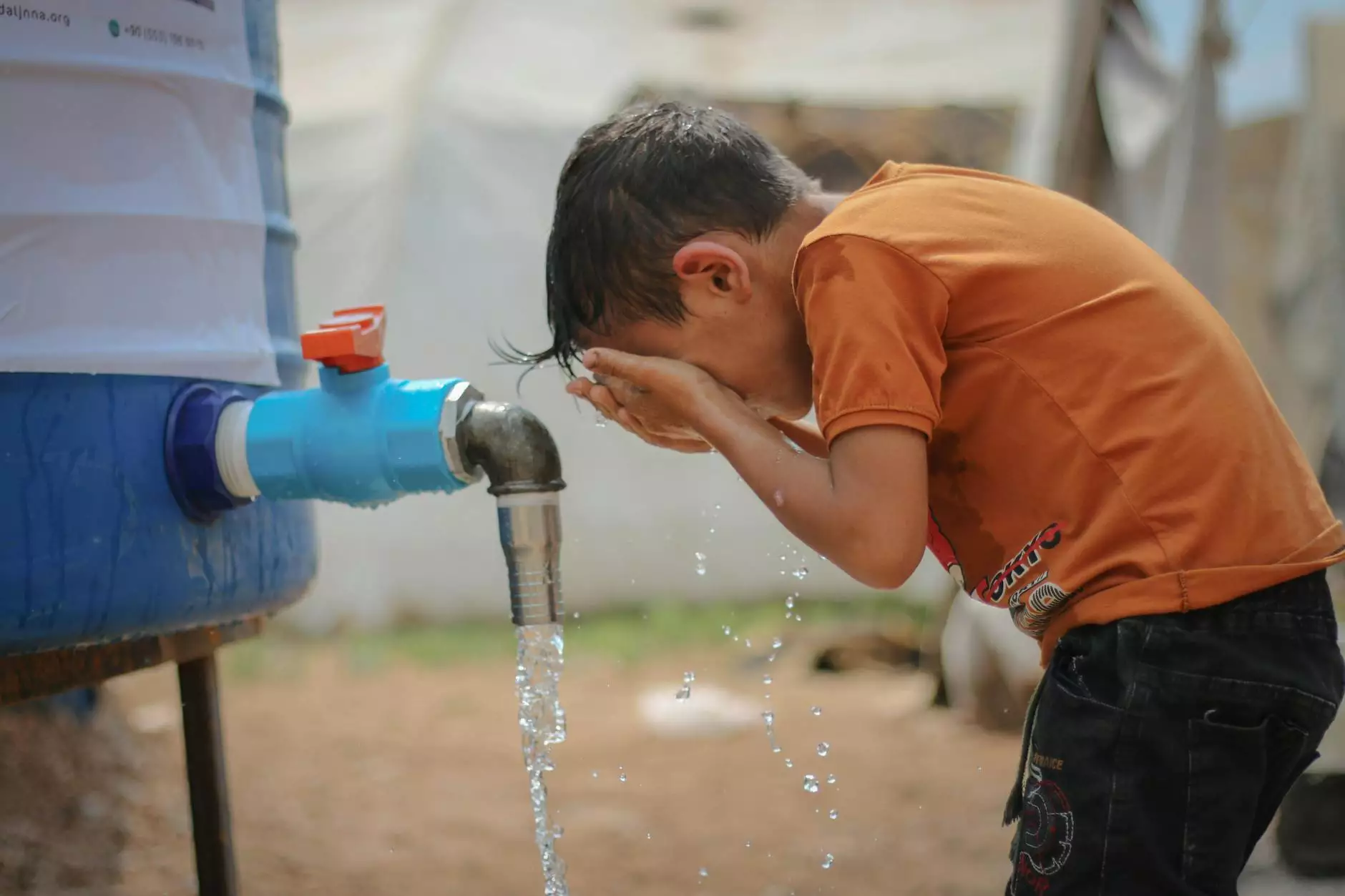Exploring the Vital Role of Religious Organizations in Community Building

The significance of religious organizations extends beyond spiritual guidance; they serve as cornerstones of community engagement, support, and social cohesion. At the heart of New York City, organizations like Zion NYC highlight the vital contributions of synagogues, churches, and other religious bodies in enhancing the quality of life for many. This article delves into how these entities foster community ties, promote social justice, and encourage personal growth through their various programs and initiatives.
The Foundations of Religious Organizations
Religious organizations, including synagogues and churches, thrive on shared beliefs and values. These gatherings provide a sense of belonging and community engagement for their members. Zion NYC epitomizes these principles, acting as a hub for spiritual enlightenment and communal support.
Purpose and Functions of Religious Organizations
Religious organizations fulfill multiple purposes, such as:
- Spiritual Guidance: Offering a framework for individuals to explore their faith and spirituality.
- Community Service: Engaging in philanthropic efforts to address societal needs.
- Cultural Preservation: Maintaining and passing on cultural traditions linked to faith.
- Networking Opportunities: Facilitating connections among members for personal and professional growth.
The Impact of Synagogues on Community Development
Synagogues play a vital role within their communities, particularly in urban areas like NYC. They provide a safe environment for worship while promoting interpersonal connections, education, and community outreach.
Education and Learning
Education is a core tenet of most synagogues, which often offer:
- Religious Education: Classes that explore religious texts and teachings.
- Cultural Programs: Activities that engage youth and adults in cultural heritage.
- Career Workshops: Training sessions that equip community members with skills for employment.
Community Outreach Initiatives
These organizations often spearhead community outreach programs, such as:
- Food Drives: Collecting and distributing food to those in need.
- Mental Health Support: Providing counseling and support groups for community members.
- Advocacy: Engaging in local and national campaigns for social justice and equity.
Churches as Community Pillars
Like synagogues, churches serve as integral components of community fabric. They offer not only a place for worship but also a plethora of programs aimed at enhancing the lives of their congregants and neighbors.
Spiritual Growth and Mentorship
Churches often emphasize helping individuals grow spiritually through:
- Worship Services: Regular gatherings that provide spiritual comfort and enrichment.
- Small Groups: Intimate settings where individuals can discuss faith and life issues.
- Mentorship Programs: Pairing experienced members with youth to foster growth and learning.
Social Action and Volunteerism
Many churches actively engage their congregations in social action, often leading to:
- Community Service Projects: Organizing cleanup days or local improvement projects.
- Health Fairs: Providing health resources and screenings to underprivileged populations.
- Environmental Initiatives: Developing programs aimed at sustainability and stewardship of the Earth.
The Synergy of Religious Organizations and Community Well-being
Religious organizations do not operate in isolation. Their impact is amplified through collaboration with local businesses, government entities, and non-profit organizations.
Partnerships for Progress
By forming partnerships, religious organizations can:
- Leverage Resources: Pooling resources to maximize outreach and effectiveness.
- Expand Reach: Engaging new community members through joint events or programs.
- Enhance Support Services: Providing comprehensive services that address multiple aspects of community needs.
Conclusion: The Future of Religious Organizations in Community Building
As society evolves, so too must the role of religious organizations. They face new challenges, including technological advances and changing cultural norms. However, the core mission remains unchanged: to foster a sense of community, provide support, and promote overall well-being among individuals.
Looking Ahead
Organizations like Zion NYC are paving the way for a future where faith and community intertwine, demonstrating that with adaptability and dedication, religious organizations can continue to thrive and make a profound impact. Their commitment to serving the community ensures that they remain relevant and vital in the quest for social change and community development.
In conclusion, the importance of synagogues, churches, and other religious organizations cannot be overstated. They are essential in shaping communities that are compassionate, inclusive, and supportive. As we look forward to the future, it is clear that these institutions will play a crucial role in guiding society towards a better and more equitable tomorrow.
https://zion.nyc/








